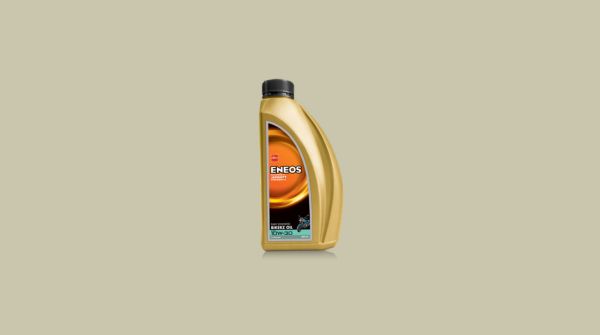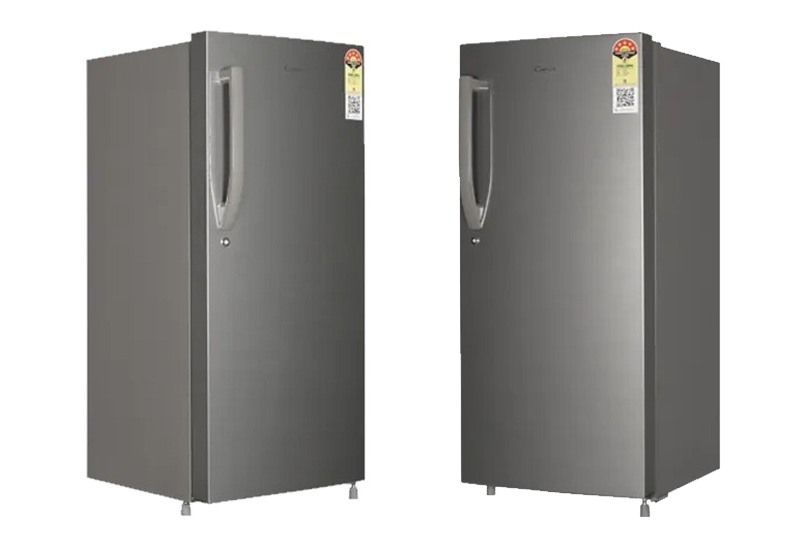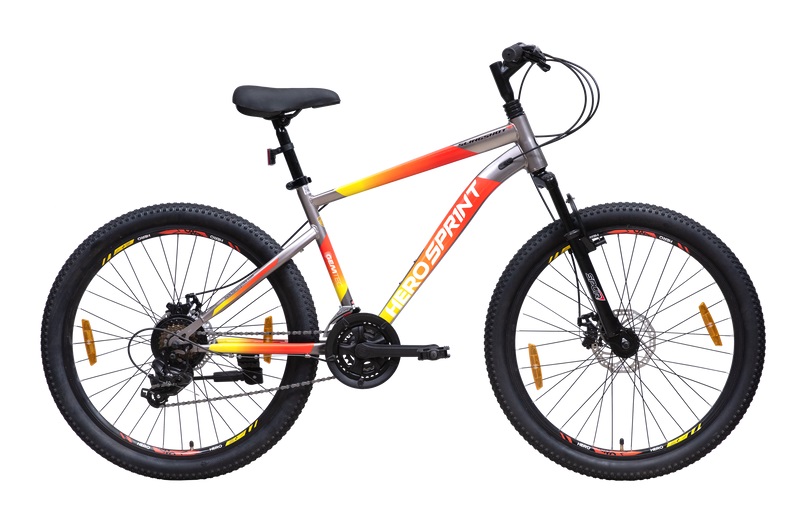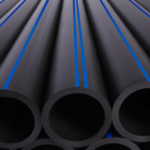How Are PPR Pipes Reliable For Use In Plumbing?
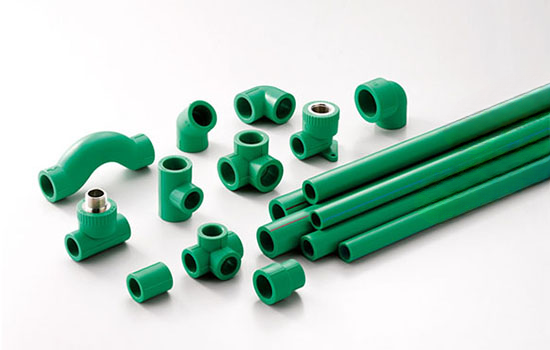
When it comes to plumbing systems, reliability and durability are of utmost importance. A plumbing system that is robust and long-lasting ensures a steady supply of water and prevents leaks or damages that can lead to costly repairs. This is where PPR pipes and PPR fittings step in as game-changers in the plumbing industry. PPR pipes, known as Polypropylene Random Copolymer pipes, have gained significant popularity for their exceptional reliability and suitability for various plumbing applications.
Understanding The PPR Pipe Technology
PPR pipes are made from a high-quality thermoplastic material known as polypropylene random copolymer. This material is renowned for its excellent mechanical properties, chemical resistance, and high-temperature tolerance. The manufacturing process involves melting the polypropylene and then extruding it into pipes with a smooth inner surface. The PPR pipes are designed to withstand high-pressure conditions, making them ideal for both residential and commercial plumbing needs.
The Advantages Of PPR Pipes:
- Durability and Longevity: PPR pipes are engineered to last for decades without any significant wear and tear. Their exceptional resistance to corrosion and chemicals ensures that they remain unaffected by the harsh elements present in water and sewage systems. This long lifespan translates to reduced maintenance and replacement costs for homeowners and businesses alike.
- Leak-proof Joints: The joints in a plumbing system are often the weak points where leaks can occur. However, PPR pipes are equipped with special PPR fittings that ensure leak-proof connections. These fittings are fused to the pipes using a heat fusion welding technique, creating a seamless and robust joint that is resistant to leakage.
- Thermal Resistance: PPR pipes exhibit excellent thermal resistance, making them suitable for both hot and cold water applications. They can handle high temperatures without deforming or losing their structural integrity, making them a reliable choice for hot water supply lines.
- Smooth Inner Surface: PPR pipes have a smooth inner surface, which minimizes friction and prevents the accumulation of sediment and scale inside the pipes. This not only ensures a consistent flow of water but also reduces the chances of blockages and clogs over time.
- Lightweight and Easy Installation: PPR pipes are relatively lightweight compared to traditional metal pipes, making them easier to handle and install. Their ease of installation not only saves time but also reduces labor costs during the plumbing process.
- Environmentally Friendly: PPR pipes are non-toxic and recyclable, making them an eco-friendly choice for plumbing systems. They do not release harmful substances into the water supply, promoting a safer and healthier environment for everyone.
- Low Thermal Conductivity: PPR pipes have low thermal conductivity, which means they do not lose heat as quickly as metal pipes. This property helps in conserving energy, especially in hot water distribution systems, contributing to overall energy efficiency.
Applications Of PPR Pipes:
PPR pipes find a wide range of applications in both residential and commercial plumbing systems:
- Domestic Water Supply: PPR pipes are commonly used for carrying potable water throughout homes and apartments. Their hygienic properties and non-contaminating nature make them ideal for ensuring safe and clean drinking water.
- Hot Water Supply: Due to their high-temperature resistance, PPR pipes are widely used for transporting hot water in bathrooms, kitchens, and industrial settings.
- Underfloor Heating Systems: PPR pipes are a popular choice for underfloor heating systems, providing a reliable and efficient method of heating indoor spaces.
- Industrial Plumbing: In commercial and industrial settings, PPR pipes are used for various applications, including chemical transportation, air conditioning systems, and compressed air lines.
- Agricultural Irrigation: PPR pipes are also utilized in agricultural irrigation systems due to their durability and resistance to harsh weather conditions.
Conclusion:
In conclusion, PPR pipes and fittings have proven to be a trustworthy and reliable solution for modern plumbing needs. With their exceptional durability, leak-proof joints, thermal resistance, and easy installation, they have become a preferred choice for both residential and commercial plumbing applications. Their ability to withstand high-pressure conditions, coupled with low maintenance requirements, ensures a long-lasting and cost-effective plumbing system for any property. When it comes to providing unbeatable reliability for plumbing solutions, PPR pipes and fittings continue to shine brightly in the plumbing industry.

 English
English 